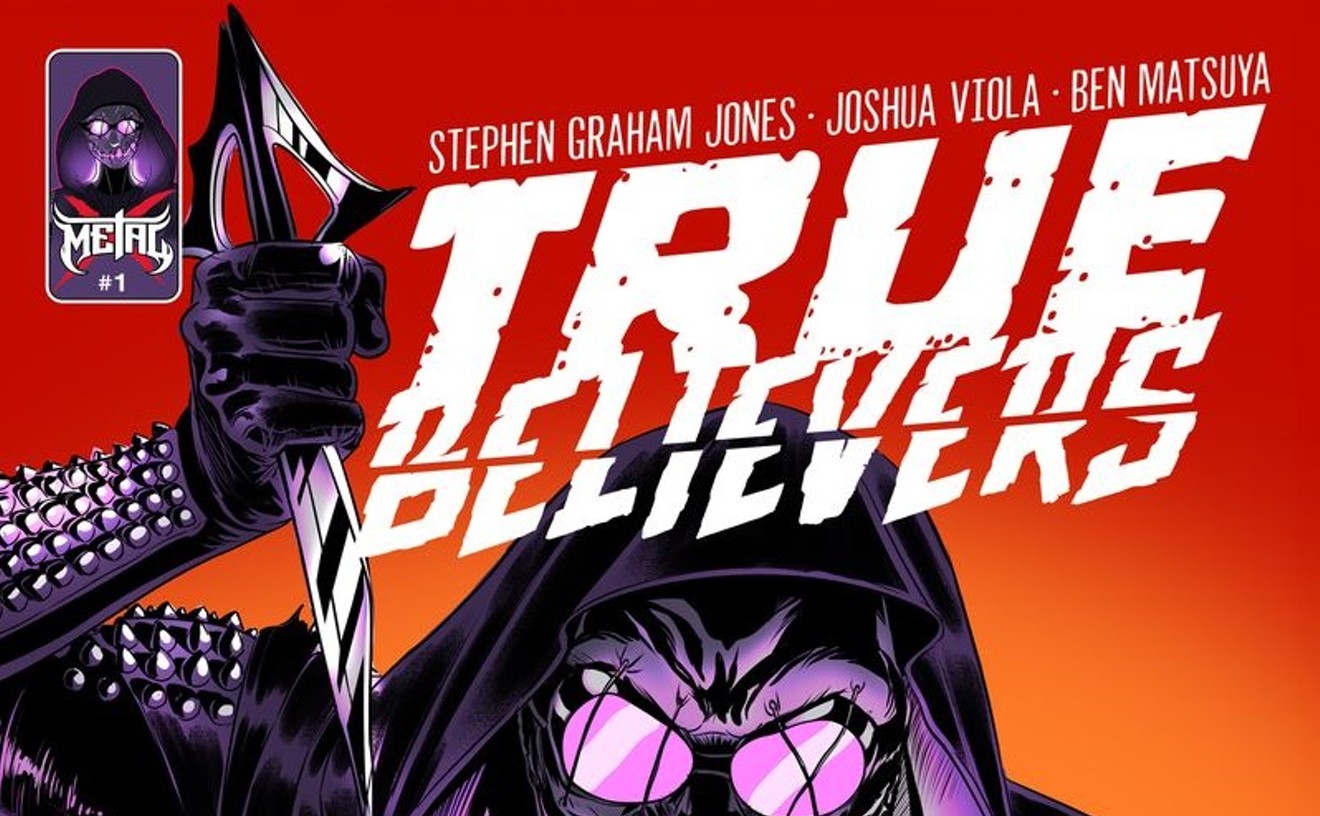The idea of geriatric sex is one of those things that makes people — especially young people — squirm. Old people who are lucky enough to have active sex lives know enough to keep it to themselves. So Jane Juska's memoir, A Round-Heeled Woman: My Late Life Adventures in Sex and Romance, an account of her search for no-strings-attached sex at the age of 66, was a brave gamble — as was Edge Theatre's decision to produce A Round-Heeled Woman, the play based on the book commissioned by onetime Cagney and Lacey star Sharon Gless, who starred in the first production. Juska's gamble paid off: Wry, literate and often humorous, her memoir was a hit. So is this production.
A retired high-school English teacher, Juska placed an ad in the New York Review of Books that was a marvel of honesty, compression and wit: "Before I turn 67 — next March — I would like to have a lot of sex with a man I like. If you want to talk first, Trollope works for me." She received dozens of responses, some — as was to be expected — creepy, others interesting or touching, and she embarked on a series of affairs. At the point at which she placed her ad, Juska hadn't had a date in thirty years, having lived through an unpleasant childhood and a disastrous marriage, as well as having raised a son on her own. She did have a life, though. A principled and spirited woman, she escorted women through picket lines in front of abortion clinics; she taught creative writing to men on San Quentin's death row. What I remember primarily from the book (and it's been a while since I read it) is the vignettes about her encounters with various lovers. She was amazingly tolerant of physical weakness and goatish talk. She discovered that one of her lovers was far older than he'd admitted; another was terminally ill. She actually fell for one of these men only to be rejected by him. Juska never downplayed the hurts and confusions she suffered, but she described them without self-pity. You got the sense that here was a resilient spirit, and you admired her curiosity and openness, her genuine interest in other people. Ultimately, she was rewarded with a handsome lover as obsessed with literature as herself — and half her age.
In the play, the focus is far more on Jane's psyche than on her adventures, and the men are merely sketched in. As in the book, we get Jane's awareness that time is getting shorter, her ruefulness at what age is doing to her body, and the intense longing she feels to be held, have orgasms, be loved. But there's also a lot of psychobabble about her failed relationships and rage-filled son (I may be misremembering, but it seems to me the problems with Juska's son had been ironed out by the time she wrote her ad). The script keeps nudging us to make connections between Jane's need for love and her appalling parents, her handsome young lover and the son she betrayed and lost.
Prowse has come up with an ingenious device, however. She gives Jane an alter ego: the heroine of Anthony Trollope's Miss Mackenzie, a 35-year-old woman who's over the hill by Victorian standards, but who comes into money, attracts suitors and resolves to seek happiness. Periodically, Margaret Mackenzie wanders onto the stage to interact with Jane or gaze wistfully into the mirror — as Jane herself has done. There are also two friends who are both intrigued and appalled by Jane's venture.
Jan Cleveland's Jane is humorous and charming, but many of the other roles are played so broadly that they emphasize the problems with the script. Even if the lovers, relatives and friends aren't fully fleshed out on the page, why can't they be given humanity by the actors? Suzanna Wellens does well as a friend, but she chooses to make Jane's mother a caricature. And the alter-ego device would work better if Deb Hultgren played Margaret Mackenzie straight, as the reserved but hopeful heroine of the book. Still, Juska's rich life experience, curiosity and humor do come through, and the result is an intriguing evening of theater.
A Round-Heeled Woman











